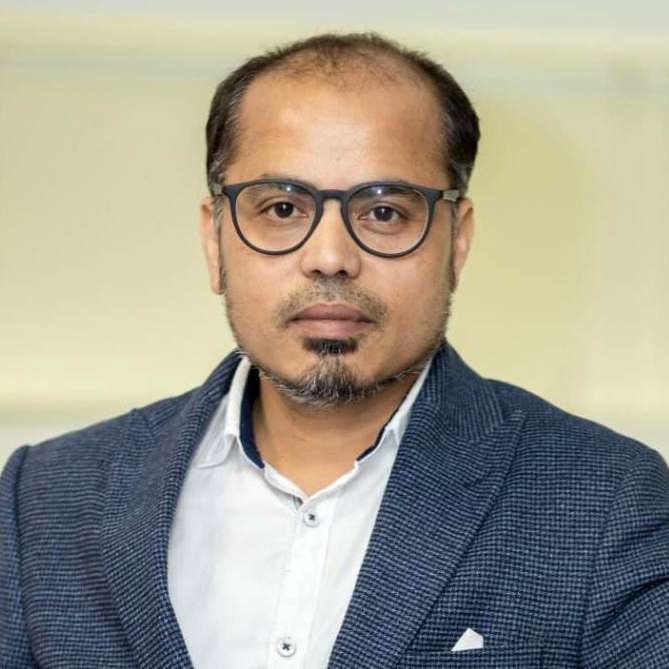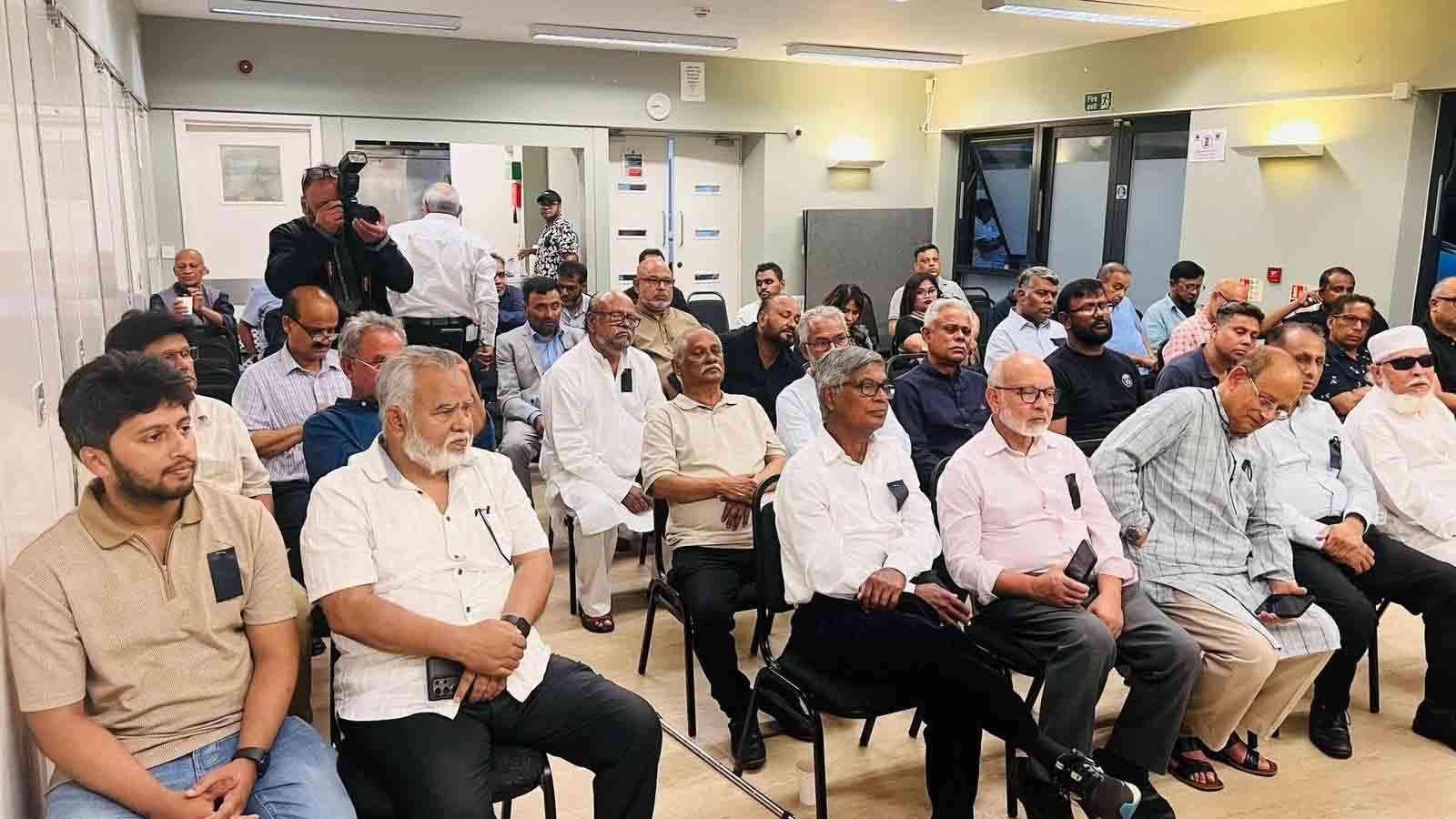Barrister Tania Amir has said that the interim government has no constitutional authority to amend the country’s constitution. Speaking at a discussion organised by human rights group Voice for Human Dignity in London, she emphasised that the people of Bangladesh themselves declared independence — the first instance of such in world history — and that no unelected interim authority has the legitimacy to alter the nation’s supreme law.
She warned that under the guise of “consensus,” certain quarters are attempting to tie the hands of the next elected parliament. “It is for the future elected parliament to decide what reforms will be made. No one can pre-determine what a sovereign parliament can or cannot do,” she said. Barrister Amir also stressed that no election in Bangladesh will be acceptable without being free, fair, neutral, and inclusive.
During the discussion, participants observed that one group has always tried to erase Bangabandhu Sheikh Mujibur Rahman from the pages of history, while another has attempted to monopolise him as their personal property. “Bangabandhu is neither one group’s property nor a political tool — he is the very existence of Bangladesh. Without Bangabandhu, there is no Bangladesh, no Liberation War, no 1972 Constitution, no independence, and no sovereignty. In one phrase — ‘In Bangabandhu lies strength, in Bangabandhu lies freedom,’” they said.
Marking the 50th martyrdom anniversary of Bangabandhu, the seminar titled National Mourning Day, Bangladesh’s Current Political Crisis and the Relevance of Bangabandhu’s Politics was held on Tuesday, August 12, 2025, at the Micro Business Centre in East London. The event began with a welcome speech by journalist-researcher Sujat Monsur on behalf of the organisers, followed by a minute’s silence in memory of the martyrs of August 15.
Speakers recalled that during 23 years of Pakistan’s rule, Bangabandhu spent 17 years in prison for the rights of Bengalis and the liberation of Bangladesh. As a non-violent leader, he declared Bangladesh’s independence with great tact and sent the allied forces home within two and a half months of victory. Within a year of independence, he gifted the nation the 1972 Constitution, considered one of the finest in the world. They also noted that the International Court of Justice has referenced Bangladesh’s Declaration of Independence in one of its verdicts. “The 1972 Constitution should not be tampered with,” they cautioned.
The seminar was jointly moderated by Towhid Fitrat Hossain and Syed Tahmeem Hossain. Speakers included Barrister Tania Amir, freedom fighter and former DUCSU member Dewan Gaus Sultan, former Press Minister at the Bangladesh High Commission in London and editor of Protect Bangladesh Ashekun Nabi Chowdhury, freedom fighter and journalist Abu Musa Hasan, Barrister Zainal Abedin, and poet-journalist Hamid Mohammad.
Interspersed with the discussions were poetry recitations. Poet-journalist Juyel Raaj , poet Iqbal Hossain, poet A.K.M. Abdullah, Voice for Human Dignity member and elocutionist Shibbir Ahmed Shubho, elocutionist Foyez Noor, cultural personality and TV presenter Urmi Mazhar, and poet Moynur Rahman Babul performed their works. The closing remarks were delivered by political analyst and Voice for Human Dignity member Hormuz Ali.
The event drew journalists, cultural activists, freedom fighters, teachers, and prominent members of various professions from across London.








.svg)
